
St Francis may have spoken joyfully of Brother Fire and Sister Water, Brother Wind and our Sister, Mother Earth, but these family-friendly images have multiple manifestations, as is abundantly clear in recent times. Some are positive and very beneficial while others can be extremely hazardous. The major Table Mountain fire in Cape Town – thankfully without loss of life but at a great cost, such as damage to the University of Cape Town buildings, caught the public attention for some days. It even eclipsed the serious issue of a fire at the Charlotte Maxeke hospital, the main public hospital in Johannesburg, where it appears that due to inefficiency and poor maintenance fire-fighting equipment was not as accessible as it should have been. Shack fires are common in Cape Town, sadly too often with loss of life and the few possessions of those living in these informal settlements. Brother Wind, the infamous south-easter, and Brother Fire together created havoc in Cape Town and of course Sister Water was the saving grace. However, in other regularly occurring disaster scenarios of flooding, she is equally a culprit. Sister Mother Earth, still the mother figure on the global stage remains vulnerable in so many instances.
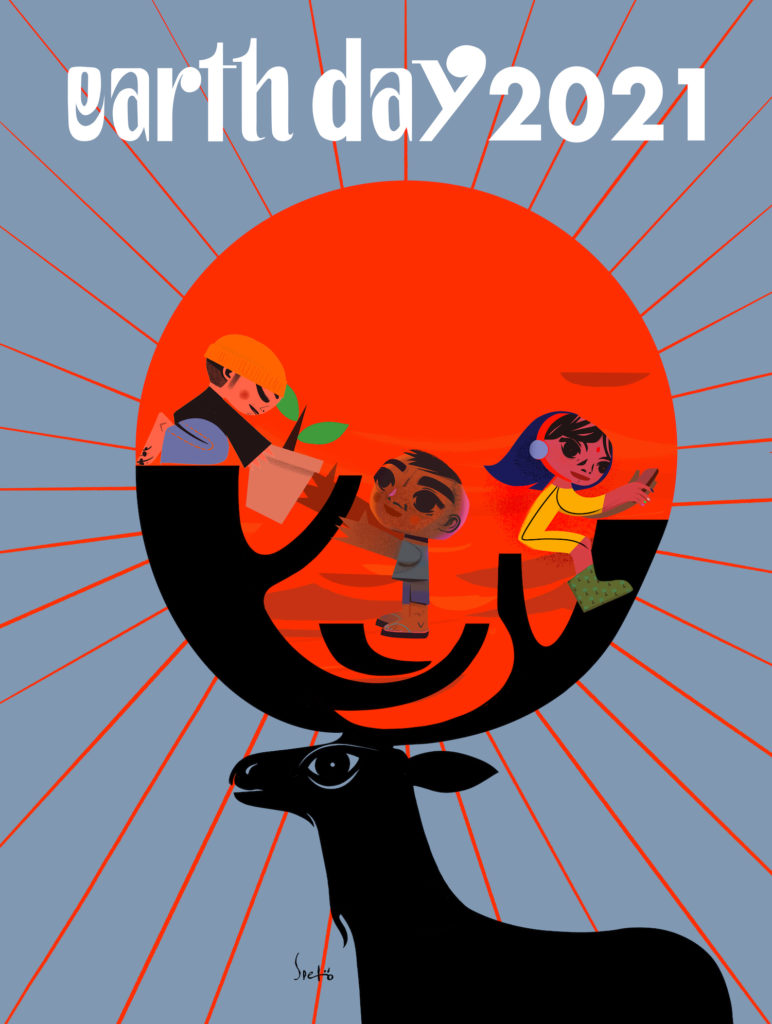
Earth Day is commemorated on 22 April annually and is inviting greater support year by year mainly because the issue of climate change and its harmful effects noted on all areas of life, human, animal and plant and the earth itself. Who is responsible for the harm? Humanity, through our individual and communal direct actions, lifestyle choices and attitudes carry the main burden of responsibility. The history of climate change over the last 250 years is well known. Beginning with the Industrial Revolution and the burning of fossil fuels it is believed to now have reached crisis levels. But we, i.e. industry responding to demand for electricity and consumer goods, are still burning fossil fuels, although attempts are being made to cut down on the carbon emissions. We are now also told that another area where cutting down is necessary is the emission of methane gas by cattle’s metabolic action. Therefore cutting down on our beef consumption is, as one could say, “closer to the bone” and should have an impact on our lifestyles.
We all need to take what action we can and commemorating Earth Day can be one call to action. In fact it is one among many initiatives to which we can respond to join the eco-friendly bandwagon.
There is Earth Hour – switching off all lights on 28th March to preserve electricity, something not popular with us who are already used to loadshedding. There is the Earth Charter – a very worthwhile document to study for awareness-raising and ongoing action. Earth Beat is a daily e-newsletter noting some issues and also positive responses from places across the world. Examples are group activities such as parish protests on behalf of the poor, aid given to migrant families or those lacking resources. Saving electricity, water, recycling, making ecobricks and vegetable or food growing are commonly being noted. Googling will provide many websites to explore. I have found that animal conservation is one of the most heart-warming choices.
And of course there is LAUDATO SI’ Pope Francis’ social encyclical on THE CARE OF OUR COMMON HOME. This comprehensive document has spawned a whole list of initiatives by the Vatican and the Church across the world too. Published in 2016 the 5th anniversary year is drawing to a close with a range of events from 16-24 May, including workshops, seminars and info on films to enjoy. Visit www.laudatosi.org for much more.

Pope Francis writes on environmental education. “Whereas in the beginning it was mainly centred on scientific information, consciousness-raising and the prevention of environmental risks it tends now to include a critique of the myths of modernity such as individualism, unlimited progress, competition, consumerism and the unregulated market. It now seeks to restore the various levels of ecological equilibrium, establishing harmony within ourselves, with others, with nature and other living creatures and with God. Making a leap towards the transcendent – spiritual awareness – will give ecological ethics its deepest meaning. It needs educators who can help us to grow in solidarity, responsibility and compassionate care.” This is addressed to us. This education is for us, in our schools and families too, where we first learn how to show respect for life and grow in personal maturity.
Too often climate change is mentioned in the public media as a government responsibility – which it is. However we, ordinary family people, can and should take responsibility too, know our carbon footprint and put pressure on authorities, business and industry where needed. But most of all take action and develop an interest in appreciating the gift of God in creation, God who is a family – a community of love, a model for the way we live with our animal brothers and sisters, Brothers Sun, Wind and Fire and Sisters Water and Sister Mother Earth. For God’s sake and our own. TR FAMILY WEEKLY 21 APRIL 2021

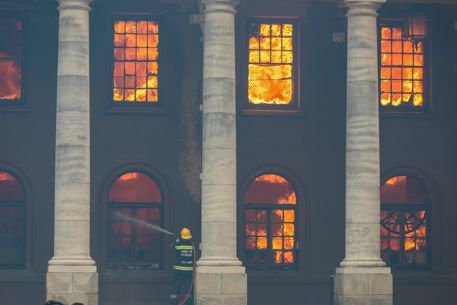
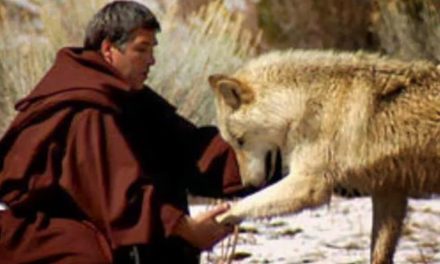
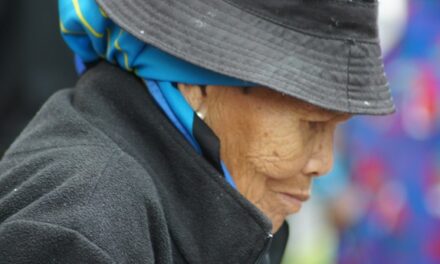
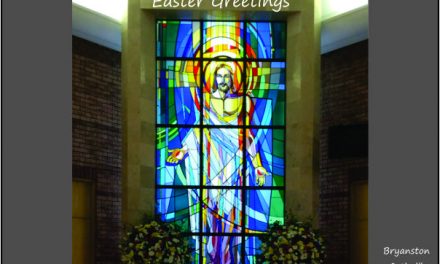
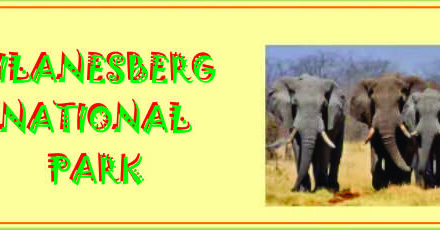
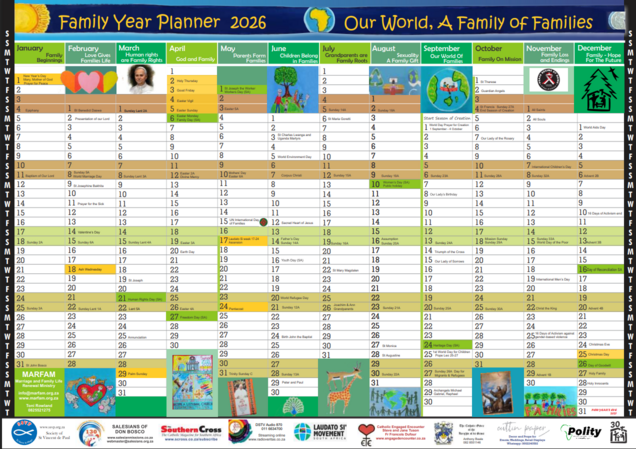
Recent Comments